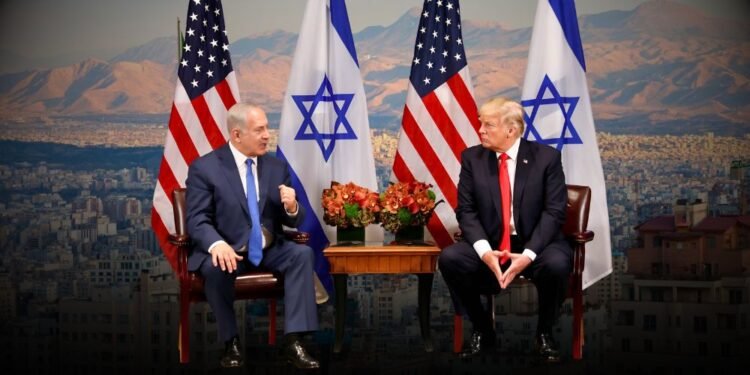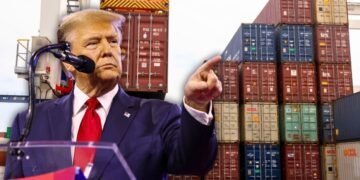US President Donald Trump and Israeli Prime Minister Benjamin Netanyahu held a phone call on Tuesday, April 22, 2025, discussing trade, Iran, and other key issues, with Trump emphasizing their alignment.
The conversation, the first since Netanyahu’s White House visit two weeks prior, underscores the enduring US-Israel partnership amid complex global challenges.
Trump shared on Truth Social, “I’ve just spoken to Prime Minister of Israel, Bibi Netanyahu, relative to numerous subjects including Trade, Iran, etc. The call went very well. We are on the same side of every issue.”
This follows their April 7 meeting, where Trump announced negotiations with Iran and expressed opposition to an Israeli strike on its nuclear facilities, prioritizing diplomacy for now.
The call comes at a pivotal moment. Trump has been pushing to broker a Gaza ceasefire and hostage deal while advancing nuclear talks with Iran, mediated by Oman.
Sources indicate Trump’s administration is seeking a breakthrough, though Netanyahu remains cautious, favoring only an interim Gaza deal that doesn’t end the war.
On Iran, Trump’s team is divided—some, like Vice President JD Vance, advocate for a deal, while others, including Secretary of State Marco Rubio, push for military action. Netanyahu, a vocal critic of Iran’s nuclear ambitions, insists on dismantling its program entirely.
Trade was also on the table, though specifics remain unclear. Trump has maintained 17% tariffs on Israel, despite his vocal support for its policies against Hamas.
This aligns with his broader trade strategy, which has sparked global market turbulence, though he recently signaled reluctance to escalate tariffs on China to avoid stalling trade.
For Filipinos watching global affairs, this dialogue highlights the US’s balancing act between diplomacy and strength, a dynamic that resonates with the Philippines’ own strategic partnerships.
The US-Israel alignment could shape Middle East stability, impacting global trade routes and energy markets critical to Asia. Trump’s focus on deal-making reflects a pragmatic approach, though Netanyahu’s hardline stance on Iran suggests tensions may persist.
The call reinforces a shared vision rooted in national security and economic priorities, with both leaders navigating domestic and international pressures.
As talks progress, the world watches how this partnership influences peace efforts and trade policies.












